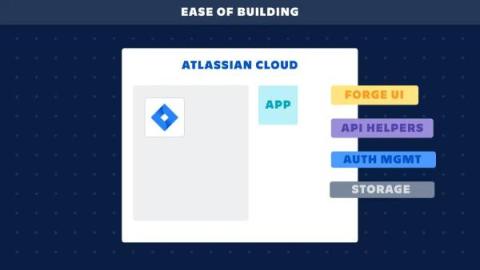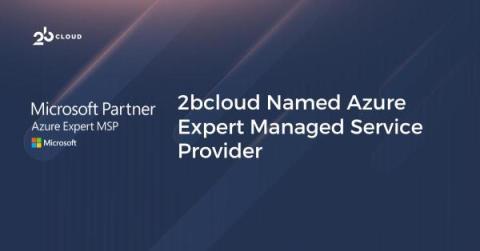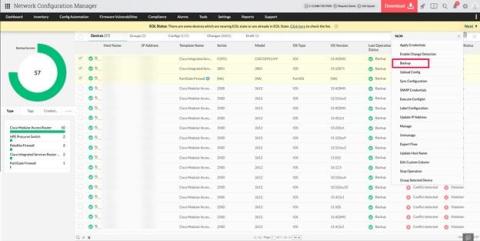Operations | Monitoring | ITSM | DevOps | Cloud
Latest News
Announcing the EAP of Forge in Bitbucket Cloud
Monitoring Machine Learning
I used to think my job as a developer was done once I trained and deployed the machine learning model. Little did I know that deployment is only the first step! Making sure my tech baby is doing fine in the real world is equally important. Fortunately, this can be done with machine learning monitoring. In this article, we’ll discuss what can go wrong with our machine-learning model after deployment and how to keep it in check.
Introducing the Datadog Open Source Hub
At Datadog, we have always been deeply involved with open source software—producing it, using it, and contributing to it. Our Agent, tracers, SDKs, and libraries have been open source from the beginning, giving our customers the flexibility to extend our tools for their own needs. The transparency of our open source components also allows them to fully audit the Datadog software that is running on their systems. But our commitment to open source only starts there.
Reaping the Benefits of Multi-Cluster Orchestration in Kubernetes
The rise of containerization has precipitated an unprecedented shift in the software development landscape, with Kubernetes emerging as the de facto standard for managing large-scale containerized applications. One of the more nuanced aspects of Kubernetes that is gaining attention is multi-cluster orchestration. This approach to cluster management offers several compelling advantages that reshape how businesses operate and innovate in a cloud-native context.
Security in the cloud: Whose responsibility is it?
2bcloud Named Microsoft Azure Expert Managed Services Provider for Four Consecutive Years
New York, September 27, 2023 – 2bcloud, a leading next-generation, multi-cloud managed service provider for tech companies on their cloud journey, today announced it has maintained its elite status as a Microsoft Azure Expert Managed Services Provider (MSP). The Azure Expert MSP is the highest level of partner certification from Microsoft on Azure, and the partner status underlines 2bcloud’s position as a leading Microsoft Azure partner.
Implementing Backstage 1: Getting Started
Backstage is a platform for building developer portals. Originally developed internally at Spotify, it’s now open source and available through GitHub. Backstage allows DevOps teams to create a single-source, centralized web application for sharing and finding software (through the software catalog feature), as well as templates and documentation.
Status Pages 101: Everything You Need to Know About Status Pages
Status Pages are critical for effective Incident Management. Just as an ill-structured On-Call Schedule can wreak havoc, ineffective Status Pages can leave customers and stakeholders, adrift, underscoring the need for a meticulous approach. Here are two, Matsuri Japon, a Non-Profit Organization and Sport1, a premier live-stream sports content platform, both integrate Squadcast Status Pages to enhance their incident response strategies discreetly. You may read about them later. Crafting these Status Pages demands precision, offering dynamic updates and collaboration.











